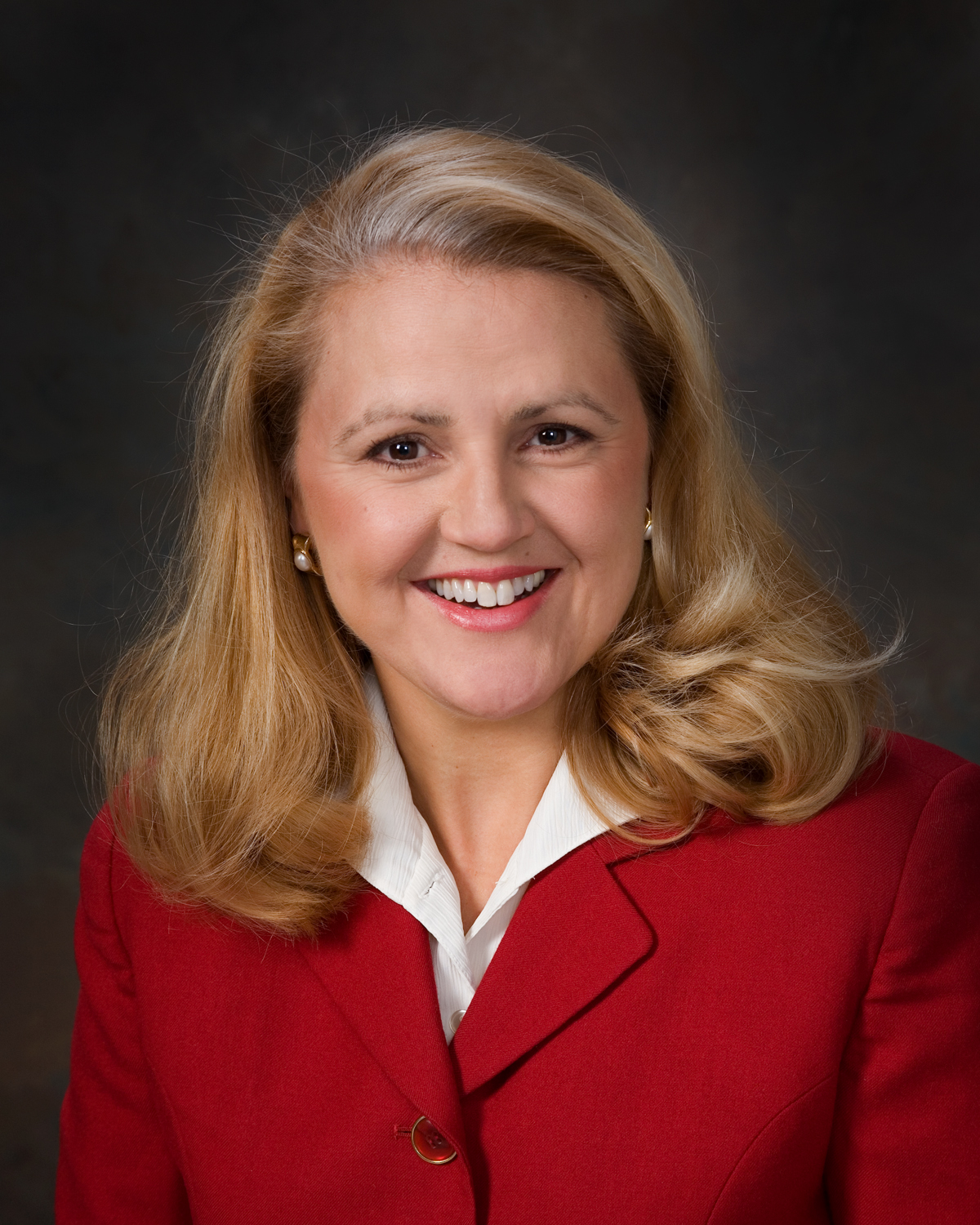Back in 1967, research was published in the Journal of Experimental Psychology ntitled, "Failure to Escape Traumatic Shock" by Dr. Martin Seligman, that opened the window to a phrase used today, "learned helplessness.
In Seligman's animal study, he and his team used dogs that were initially prevented from escaping a negative stimulus. Over a period of time, the animals stopped attempting to avoid the adverse exposure. Ultimately, the same canines were then exposed to the same negative stimulus with the freedom to flee, yet, remained.
This body of research has been expanded and modified over several decades to reveal the application to human behavior and its specific relationship to poverty, depression, even organizational and business failure.
In a CBS MoneyWatch article from March 2010 and a February 2013 Chicago Tribune report, Robert Pagliarini noted the excess of books, infomercialsand articles touting the "secret" to get rich. He then posed the question, "So why are so many of us struggling?" with the answer that's reinforced by Dr. Seligman's research, "Because we've learned to be poor."
Pagliarini summarized that being poor is "living below your true potential" believing that "no matter how hard you work and how much education you get" the "financial and personal straight-jacket" is your destiny. After a while, the belief that you've lost control results in a mindset of resignation and, at its worst, the beginning of a generational cycle.
How does any of this apply our daily lives?
Whether it's personal finances, an abusive relationship, a destructive policy at work or on a national scale of government, or a student who strives and struggles, every one of us is confronted daily with a choice. Will I respond with perseverance, embrace change and seek an opportunity to make things better than they were yesterday, or will I accept my circumstances with no attempt to improve or "escape"?
Chattanooga and Tennessee are addressing several areas of concern, such as domestic violence, drug abuse, gangs and youth violence, and poverty. Individually, most of us look for success, prosperity, survival and improvement.
Our government's "fix" for these problems is programs that become the surrogate to personal achievement and the opportunity of individual accomplishment.
The government never empowers the individual or a group of people. The government only empowers itself and institutionalizes learned helplessness.
Welfare and entitlement programs assist those in temporary need and should be continued. However, the current state of these programs and agencies serves as the harness that leads to generational confinement to poverty.
To use Pagliarini's narrative, the secret to guaranteed poverty is to remove the incentive and opportunity of success from personal empowerment. Instead, that individual becomes a subject of the state with his or her sustenance handed out by a government program or an agency.
In 2004, the Millennium Challenge Corp. was formed by the U.S. Congress and was the brainchild of Secretary of State Condoleezza Rice, who saw a need to restructure foreign aid that incentivized a move away from corrupt governments but toward voting rights, education of women, individual property rights and business ownership, and the rule of law.
The MCC awards funding to governments and programs that empower individuals, give the local funding recipients a stake in their own success, and reject the cycle of learned helplessness that flourishes in corruption and in groups refusing who've resigned their destiny to a state of dependence.
Our state and local folks should structure assistance as a catalyst yielding individual success while rejecting those who embrace the gangs, crime, drug use, abuse, sales and violence -- the fuel for generational poverty.
Robin Smith served as chairwoman of the Tennessee Republican Party from 2007 to 2009. She is a partner in the Smith, Waterhouse Strategies business development and strategic planning firm.
